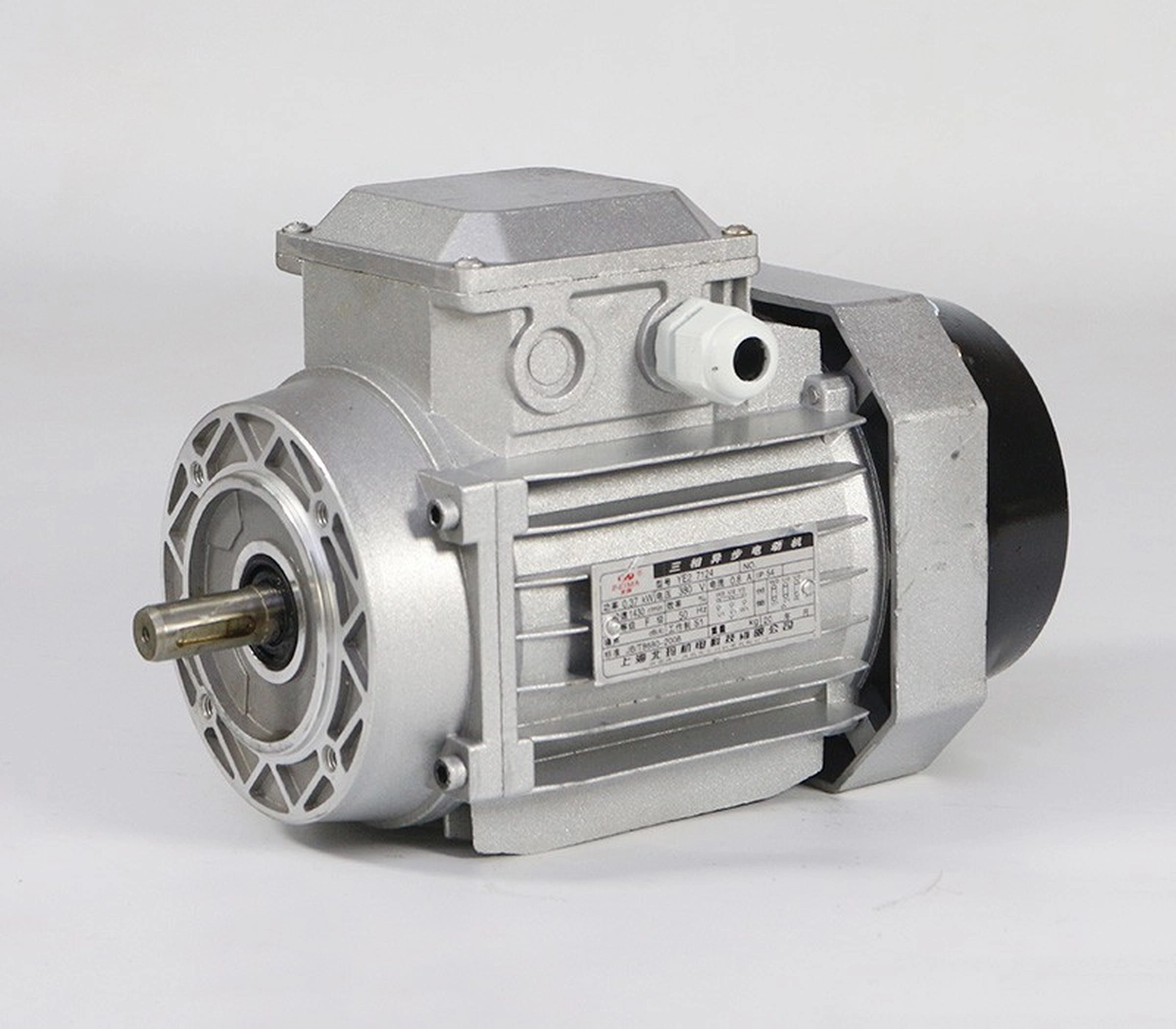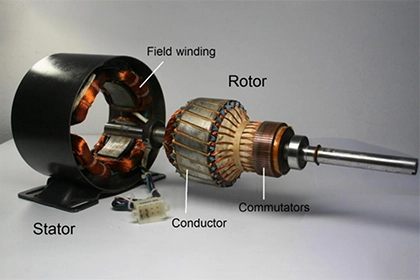
3 minutes to teach you AC motor fault detection
AC motors accompany us in every aspect of our lives. If your AC motor fails and you do not have professional equipment to detect it, it will cause you trouble.
AC motors are very common in our daily lives, but sometimes they may malfunction. In some cases, there may not be professional tools available for testing. How can we determine the cause of the malfunction at this time?

Methods
- Listen to the sound and carefully locate the fault point. When the AC asynchronous motor is running, if a faint 'buzzing' sound is heard without any high or low changes, this is a normal sound; if the sound is rough and there are sharp 'buzzing' or 'hissing' sounds, it indicates a precursor to a fault. The following reasons should be considered: The 'sizzling' sound is a precursor to a fault, and the following reasons should be considered:
- A loose iron core in the motor will cause vibration and temperature changes during operation, which will deform the fixing bolts of the iron core, resulting in loose silicon steel sheets and significant electromagnetic noise.
- The rotor rotating sound generated by the rotor noise cooling fan is a "whirring" sound; if there is a drum-like "thumping" sound, it is caused by the acceleration torque of the motor causing the rotor core to loosen from the shaft during sudden start, stop, reverse braking, and other variable speed situations. If the rotor core and shaft are loose due to being lightweight, they can still be used, but heavier components should be disassembled for inspection and repair.
- When the motor is running, attention must be paid to the change in bearing noise. If one end of a screwdriver touches the bearing cover or the other end of a stick touches the ear, the sound inside the motor can be heard. Different parts, different faults, and different sounds. The 'creaking' sound is generated when the bearing rollers move irregularly; it is related to the bearing clearance and grease status. The'squeaking' sound is the sound of metal friction, generally caused by a lack of oil in the bearing. The bearings should be disassembled, and lubricating grease should be added.
- By using smell, analyze the fault motor. There should be no smell when the motor is running normally. If there is a smell, it is a sign of a fault, such as the smell of burning wood, which is emitted by insulation burning. As the temperature rises, the motor will smoke heavily. If there is an oil smell, it is mostly due to a lack of oil in the bearings, and the odor is generated by the evaporation of oil approaching a dry state.
- Use your sense of touch to check for faults by touching the TV casing with your hands. You can roughly judge the temperature. If the hand touches the motor casing, it will feel very hot. If the temperature is very high, you should check the reasons, such as overload, voltage, etc., and then troubleshoot based on the reasons.



Leave a Comment